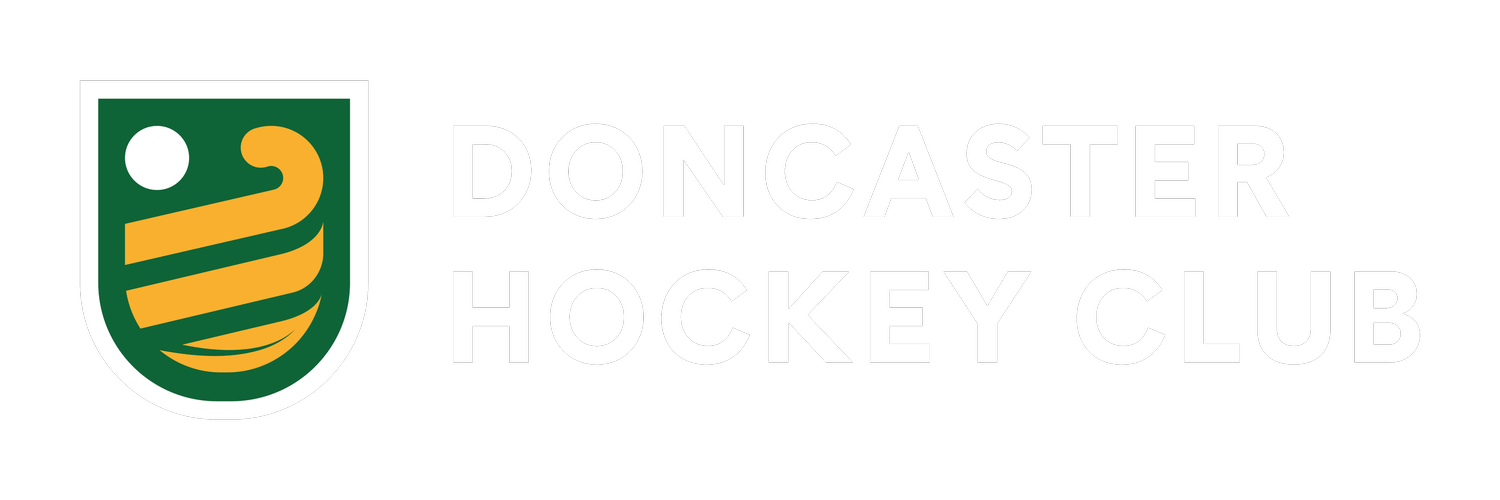
Resources for Parents
We couldn’t do it without parents…
At Doncaster Hockey Club, parents are a critical part of our Club Community. We recognise and value the contribution of all our parents, whether as drivers to training and games, as supporters, or in official capacities as Coaches, Umpires, Officials, or Volunteers.
As a parent, we understand that you want your child to have a positive experience playing hockey at Doncaster, so how can you do that?
What can I do to support my child?
As a parent there are a number of things you can do to maximise your child’s enjoyment of a team sport:
Get involved in the club.
Be a good role model (e.g., don’t argue with the umpire).
Speak out about inappropriate behaviour (e.g., bullying).
Be positive and supportive to your child and all players, at all times.
Understand your legal rights and responsibilities; adhere to the Junior Hockey Policy and Code of Conduct (see below).
Recognize why your child plays sport, and what they want to get out of it.
Where can I find out more about the benefits of sport, and how I can help?
The Junior Hockey Policy
Doncaster Hockey Club adheres to Hockey Australia’s Junior Hockey Policy (JHP), which is a set of guidelines developed to assist the club and its members by encouraging the provision of safe, enjoyable and accountable environments for everyone involved in junior hockey.
As duty of care issues become increasingly important, the club aims to use the JHP to provide a platform to ensure junior participants have a positive hockey experience. The health and welfare of junior participants must be central to all objectives which include providing:
enjoyable experiences
safe and supportive environments
skill development
challenges and the joy of achieving
access for all to participate
a clear pathway for improvement
equal opportunities for all junior participants
A Game for Everyone; A Game for Life
The key points below have been taken into consideration when establishing Doncaster Hockey Clubs policies and guidelines for Junior players, coaches, managers and parents:
Early positive hockey experiences are vital in keeping junior participants involved.
Clubs and coaches must take care not to judge a young person’s ability and interest in hockey by their body shape.
Values and stereotypes associated with hockey can be a barrier to participation.
Clubs need to make equitable decisions so that opportunities for individuals are not affected by ability, body shape, disability, ethnicity, gender, geographical location, socioeconomic status or sexuality.
Providing access and equity for junior participants leads to:
junior participants being motivated to stay involved in hockey in the long term;
an increase in the size of the talent pool for elite performance.
